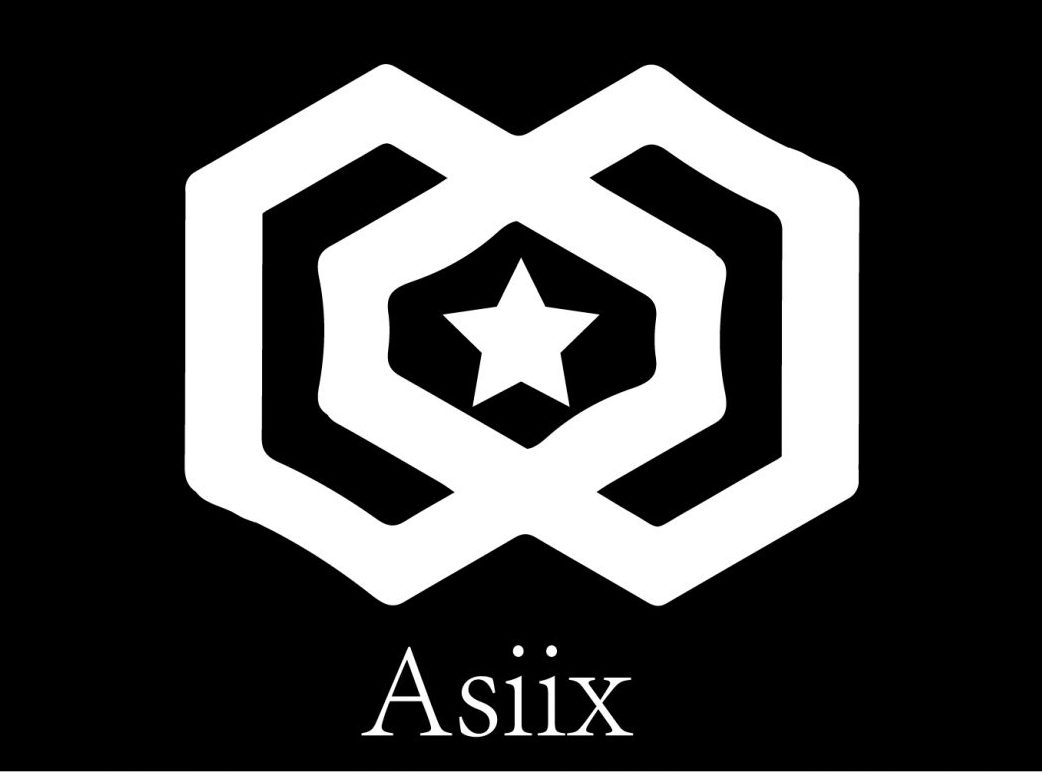Which water purifier system works best? Let’s look at what water quality should be and what type of water purification system is best for the home. And importantly what is best for your health.
Water Quality Standards
Standards for public water purification are lacking. Bottled water is simply tap water that has been run through some sort of water purifier. The need for in-home water purifiers is real, but not all products really provide pure water.
What Water Should Be
Pure water should be chemical free. It should be free of illness causing bacteria. The mineral content and pH level should be well balanced. It should taste and smell good. The more you learn about public water treatment facilities, the more you realize that what they do can not be called water purification.
Be Careful!
So, the in-home water purifier has become popular and you find them attached to kitchen faucets and sitting on kitchen counters in homes around the country. Every company claims that their products are the best water purifiers in the world. The truth is that some of them are not actually water purifiers at all.
A very popular product sold on the home shopping network for around $40. Since, pure is a part of the companies brand name, people bought the units for in home water purification. It just seemed logical.
What a number of dissatisfied customers learned was that the so-called water purifier did nothing but remove some of the chlorine and odor. That’s not what water purification is. Good water purifiers can do so much more.
Chlorine and other Contaminants
Chlorine in the drinking water is a problem that most American’s face, but it is not the only contaminant found in tap water. Consumer protection agencies estimate that there are some 2400 cancer causing chemicals in tap water. The best water purifiers can remove them all.
Lead Found in Water Supplies
In some areas, lead has been found in the drinking water. Lead is a toxic metal that builds up in our bodies over time. By the time you have symptoms of lead poisoning; the damage has already been done. How could a product that does not block lead honestly be called a water purifier?
The company mentioned above says that it does not claim to sell water purifiers. So, if a customer misunderstands, it’s their own fault. But, in the TV ads, people would drink the water and say things like, �Wow! That tastes pure.� Really?
Eventually, the Federal Trade Commission might bring charges against them for false advertising or misleading statements. Over the years, a number of �water purification� systems have been brought up on charges. One, a product made by Company N, actually added a toxic chemical to tap water. Water purifiers should not add. They should take out the bad and leave the good.
Reverse Osmosis? � The Truth
Another system that is considered an effective water purifier is reverse osmosis. Reverse osmosis systems for home use cost around $10,000. They are the most expensive products on the market. The problem is that they take out the good and leave some of the bad. They reduce particles, like mud. They de-mineralize water. But, they cannot block chemicals like pesticides. So, even if you buy a reverse osmosis water purifier, you would also have to install carbon activated filters to block chemicals, and you would still be drinking de-mineralized water, which is bad for your health.
There are a number of technologically advanced water purifier systems on the market and they are affordable. You just have to do a little research, so that you don’t buy an ineffective product. For more information see my website for the water purifier system that works best. -Larry L. Taylor
